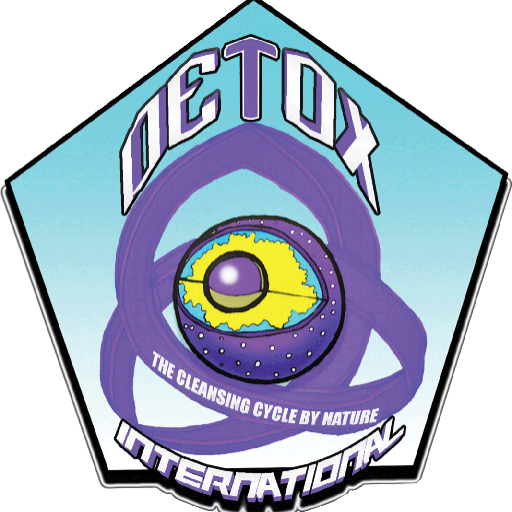Copper
90 +/- parts per million
Copper is most concentrated in the liver, heart, kidneys, brain, bones, and muscles and is essential in the blood. Trace amounts are present in all body tissues.
Copper increases iron assimilation; iron and copper work together in the formation of hemoglobin and red blood cells. Anemia can be a copper deficiency symptom. Various enzyme reactions require copper. Copper influences protein metabolism and general healing, improves vitamin C oxidation and is integral in the formation of RNA. Low or high copper levels can be found in those with mental and emotional problems. Copper helps rid the body of parasites, and is beneficial for graying and thinning hair. Copper excess is not common because only a small percentage is assimilated.
Some symptoms of a copper deficiency:
Allergies
Kawasaki Disease
Anemia
Liver cirrhosis
Aneurysm `
Osteoporosis
Arthritis
Oppressed breathing
Dry brittle hair
Parasites
Edema
Parkinson’s Disease
Gulf War Syndrome
Reduced glucose tolerance
Hernias
Ruptured disc
High blood cholesterol
Skin eruptions or sores
Hypo and hyper thyroid
White or gray hair
Hair loss/baldness
Varicose veins
Heart disease
Wrinkled skin
Natural sources: liver, whole grain cereals, almonds, green leafy vegetables, and seafood.


